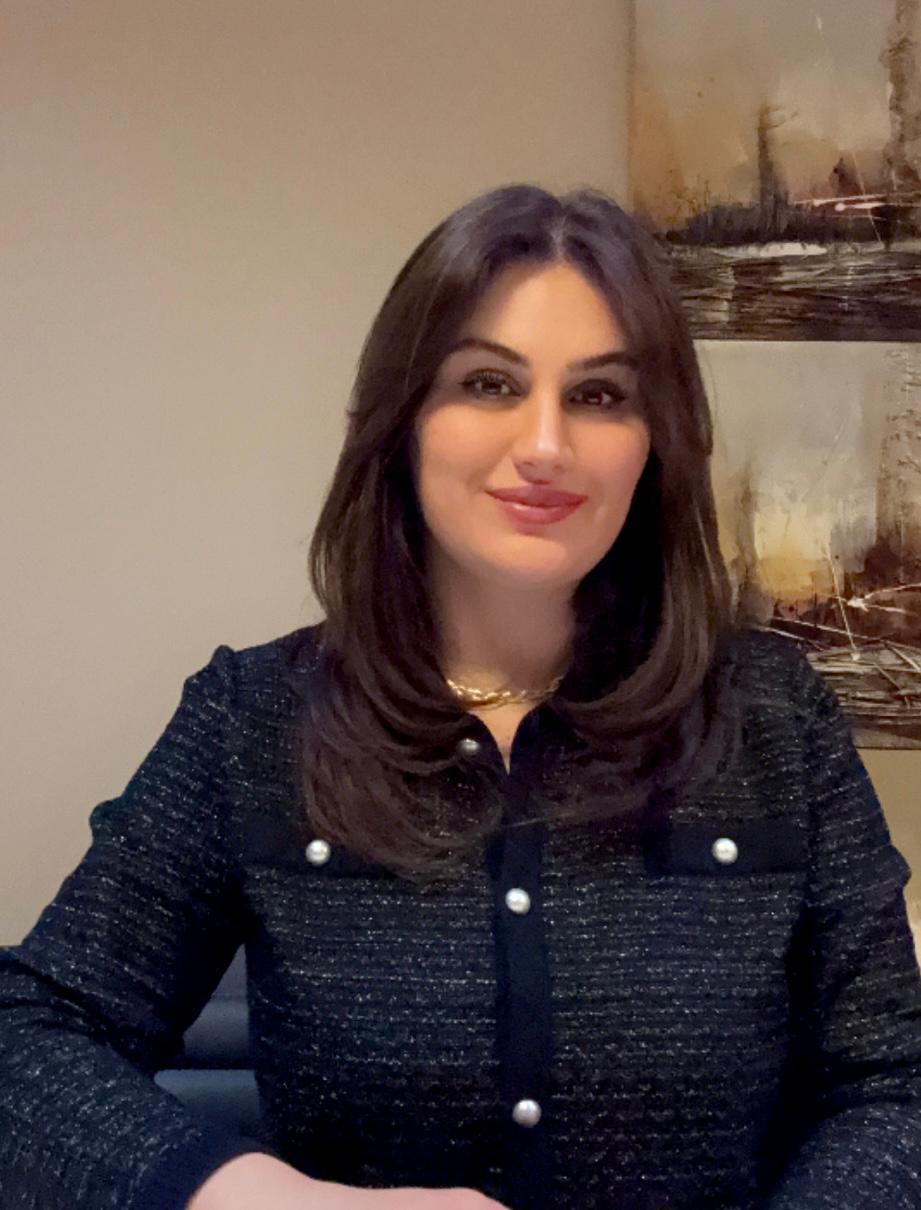By Fenik Yaseen
Notre-Dame Cathedral, one of Europe’s most significant historical landmarks, stands as a masterpiece of Gothic architecture and a symbol of cultural and spiritual heritage. Construction began in 1163 and concluded in 1260, marking nearly a century of dedication to creating a monument that would leave an indelible mark on France and the Christian world.
On April 15, 2019, tragedy struck when a devastating fire ravaged nearly half of the cathedral, sending shockwaves across the globe. The destruction of this iconic structure prompted widespread grief, including heartfelt messages from leaders of the Kurdistan Region, who expressed deep sympathy for the people of France and humanity’s shared loss of an invaluable cultural treasure.
In the aftermath of this calamity, the decision to restore Notre-Dame was embraced with determination. Renovation efforts began in 2020 and culminated in December 2024, with the cathedral reopening in a grand ceremony attended by nearly 50 world leaders. Prominent figures included French President Emmanuel Macron, U.S. First Lady Jill Biden, Britain’s Prince William, Ukrainian President Volodymyr Zelensky, President-elect Donald Trump, and Kurdistan Region President Nechirvan Barzani.
Nechirvan Barzani’s presence at the reopening held significant diplomatic implications, enhancing the Kurdistan Region’s global profile. His attendance was seen as a testament to Kurdistan’s commitment to humanity, cultural preservation, and international solidarity. His Holiness Mar Awa III, head of the Assyrian Church of the East, highlighted the importance of Barzani’s participation, stating; “ This invitation underscores the strong ties between Kurdistan and France and showcases the unity of all peoples within Kurdistan, including Kurds, Assyrians, Yazidis, and Turkmen.” From a global perspective, media outlets and diplomatic communities worldwide regarded his visit to the reopening of Notre-Dame Cathedral as a significant diplomatic milestone. It was hailed as a powerful symbol of international solidarity and mutual respect.
Most notably, the invitation extended by French President to Kurdistan President was seen as a recognition of the Kurdistan Region’s emerging role on the global stage. This gesture highlighted the region’s commitment to values of peace, unity, and shared humanity. Despite facing numerous challenges, Kurdistan has continuously showcased its belief in resilience, collaboration, and humanitarianism. This visit transcended its immediate diplomatic implications. It delivered a universal message of hope, underscoring the idea that humanity’s strength lies in its ability to unite in the face of adversity. In essence, it was not merely a ceremonial event but a profound statement on the enduring power of solidarity and the shared aspirations of all nations and peoples.

